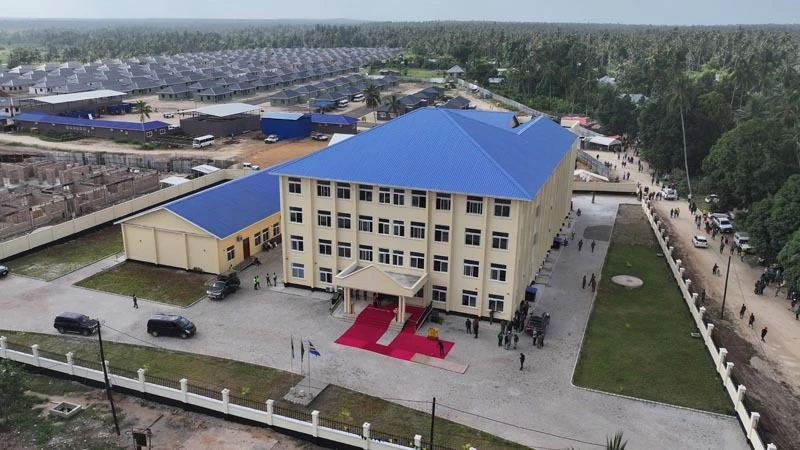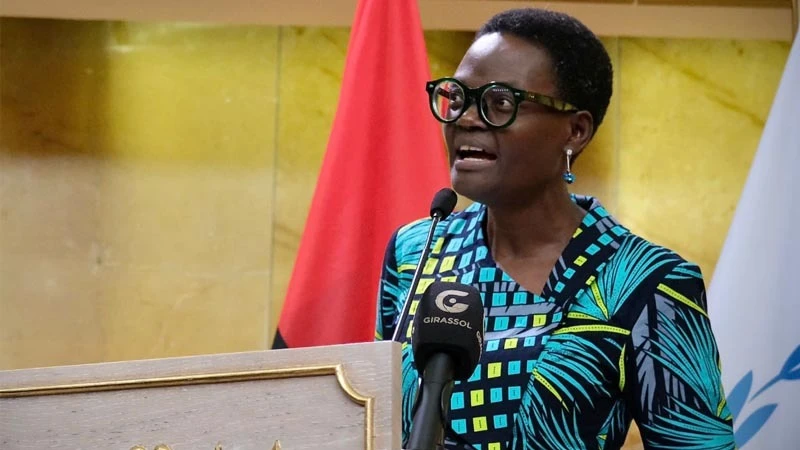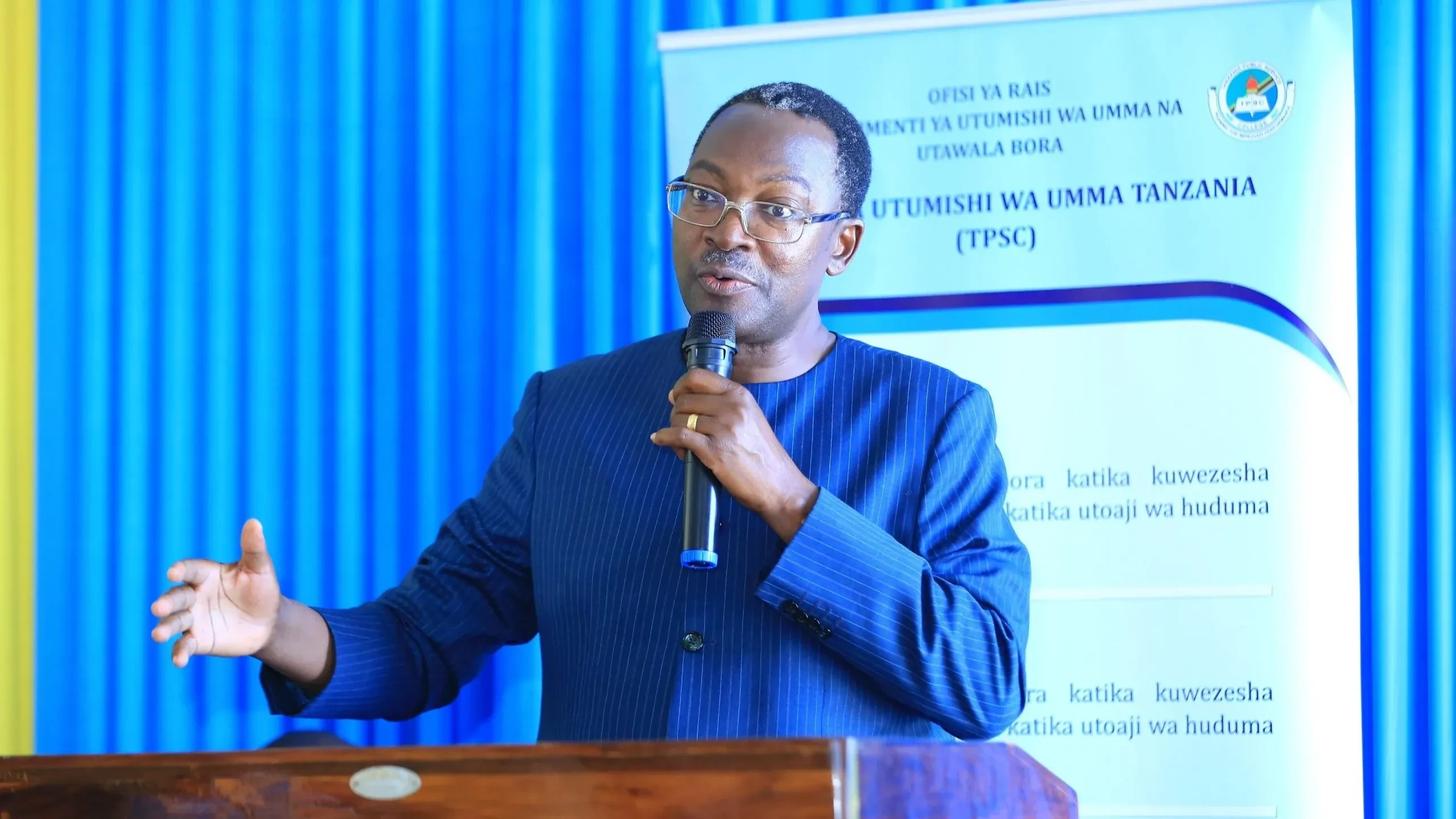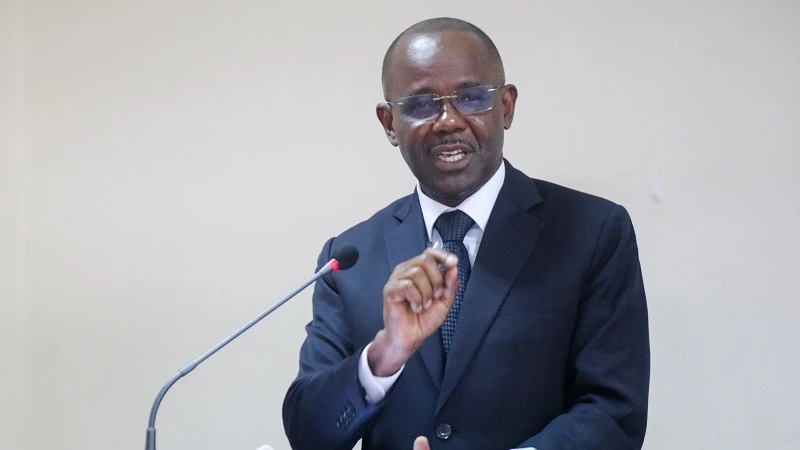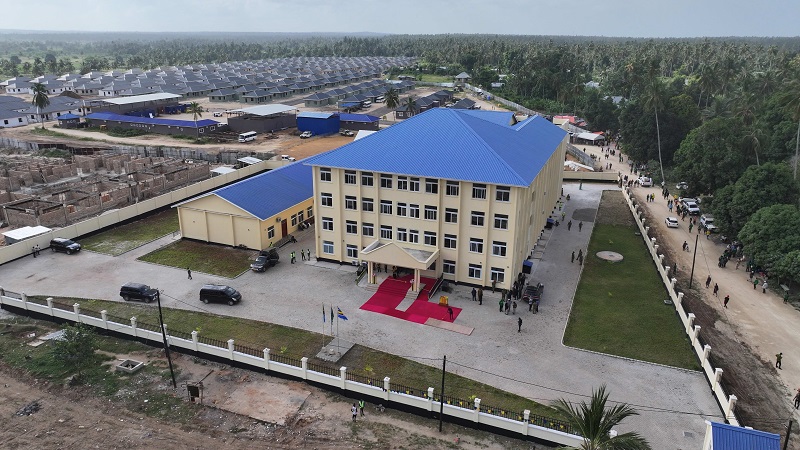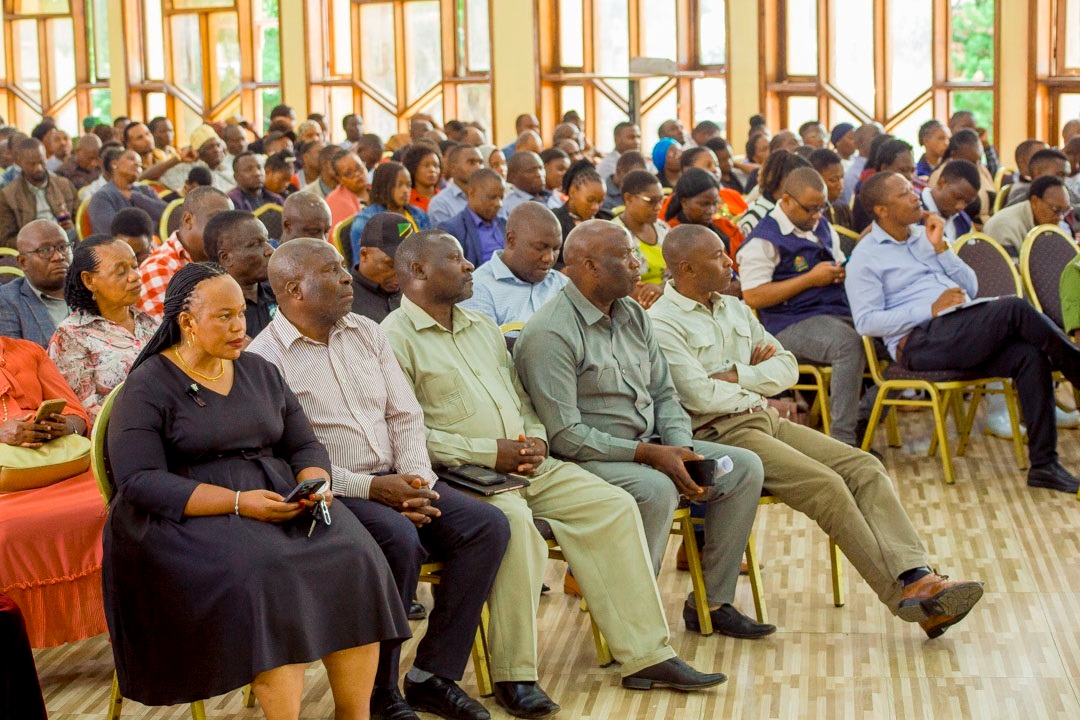How cybersecurity can play in supporting conservation efforts
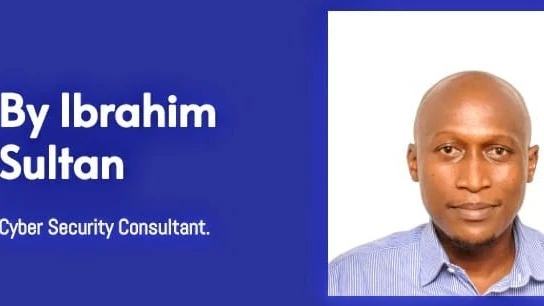
As conservation efforts get more complicated and rely more on data and technology as a result of field improvements, cybersecurity continues to be one of the most crucial aspects of this sector. The conservation sector is currently a major concern for businesses and the economy. Cybersecurity in conservation extend far beyond the safeguarding digital data; it also addresses conservation challenges by protecting species and habitats. In order to ensure the security of their sensitive ecological data and protect ecosystems, conservation organizations have the challenge of incorporating cybersecurity into their everyday operations.
Cybercrime specifically targets organizations that focus on conservation, resulting in data manipulation, illegal access, or even the collapse of vital ecological systems for illegal wildlife and poaching operations. As technology develops to aid in conservation efforts, such as tracking the movement of animals and visualizing, analyzing, and interpreting geographic data, cybercrime is also developing more sophisticated and creative hacking techniques to steal crucial ecological data. For example, to find out if poaching or illegal wildlife farming is possible in a given area, poachers can use drones to investigate national parks and conservation areas, take photos, record locations, and more. Additionally, drones can be used to spread poison at specific locations and infect wildlife with diseases. Recognizing unlicensed drones in national parks and conservation areas is essential for safety.
Conflicts between people and wildlife, anti-poaching efforts, and resource preservation incidents These illustrations show how direct or indirect harm to conservation initiatives can result from cybersecurity failures. It will be extremely difficult for the conservation sector to preserve sensitive ecological data without a solid cybersecurity plan. Due to the fact that hackers and poachers are always searching for new vulnerabilities and sophisticated hacking methods to attack
Since different systems and technologies in the conservation industry have varied security features, a lack of standardization might result in serious vulnerabilities. Using the same communication protocols or making firmware or software updates simple are just two examples of how standardizing security practices in the conservation business may increase efficacy and lower the chance of mistakes.
In conservation areas, we are increasingly reliant on digital technologies and networked systems, therefore we need to fix vulnerabilities and make sure our ecological data is secure from cyberattacks. Implementing cybersecurity safeguards can protect conservation organizations from cyberattacks and improve their ability to address issues pertaining to ecosystem protection, conservation, successful conservation programs, and ensuring the survival of natural heritage.
Since technology are evolving rapidly and new vulnerabilities and exploits are emerging, sensitive ecological data cannot be protected using outdated preventive methods. Once a year or more, our cybersecurity professionals in conservation organizations must attend short courses at the best training facilities, where they are well regarded, to stay current on the latest cybersecurity preventive tactics.
Finally, Cybersecurity measures must be incorporated into conservation planning and policy frameworks to manage potential threats and improve resilience. Cybersecurity standards and regulations should embrace conservation concepts to lessen the environmental impact of digital technology. Effective cybersecurity conservation strategies and frameworks that can preserve our natural ecosystems while embracing the benefits of technology require cooperation between cybersecurity experts, conservators, legislators, and conservation organizations. To provide adequate protection of their sensitive ecological data against anti-poaching actions, conservation organizations should take the necessary cybersecurity measures and keep regular readiness. These outline the foundation for safeguarding delicate ecological data and ecosystems and describe the use of cybersecurity in the conservation field.
Ibrahim Sultan is Cyber Security Consultant. These are his personal views. He can be reached through email address: [email protected]
Top Headlines
© 2025 IPPMEDIA.COM. ALL RIGHTS RESERVED














